
The Colorado Plateau: A Geological Wonderland
Dry air
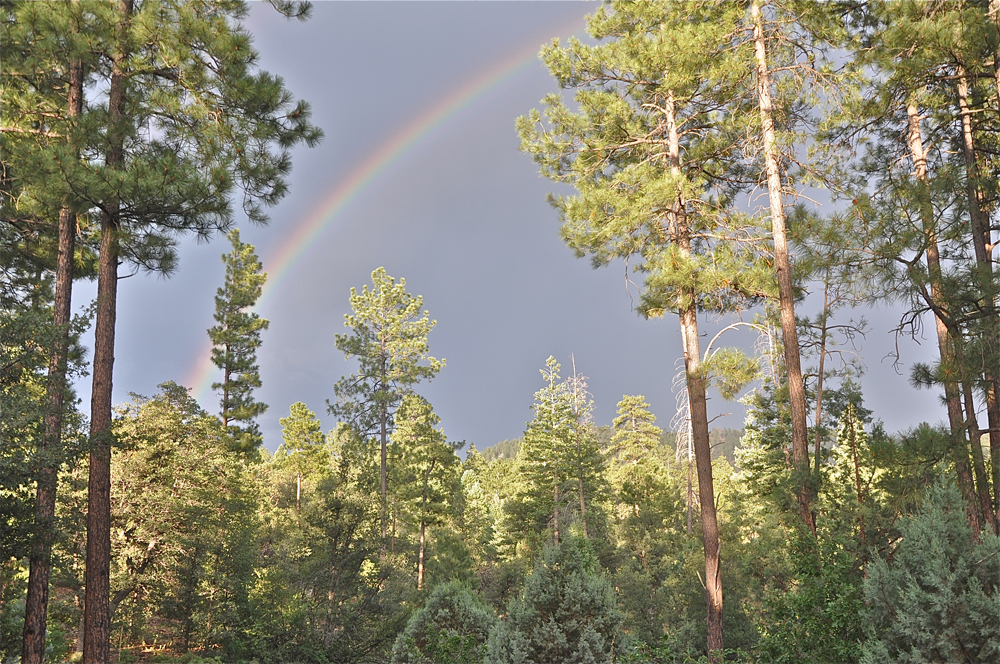
The arid climate of the Colorado Plateau is the result of a rain shadow caused by the Sierra Nevada Mountains located to the west of the plateau. Average annual precipitation (including rain and snow) ranges from 6 to 16 inches (15 to 40 centimeters). In the higher elevations more precipitation occurs and results in forests of pine, spruce and fir.
Diverse ecology
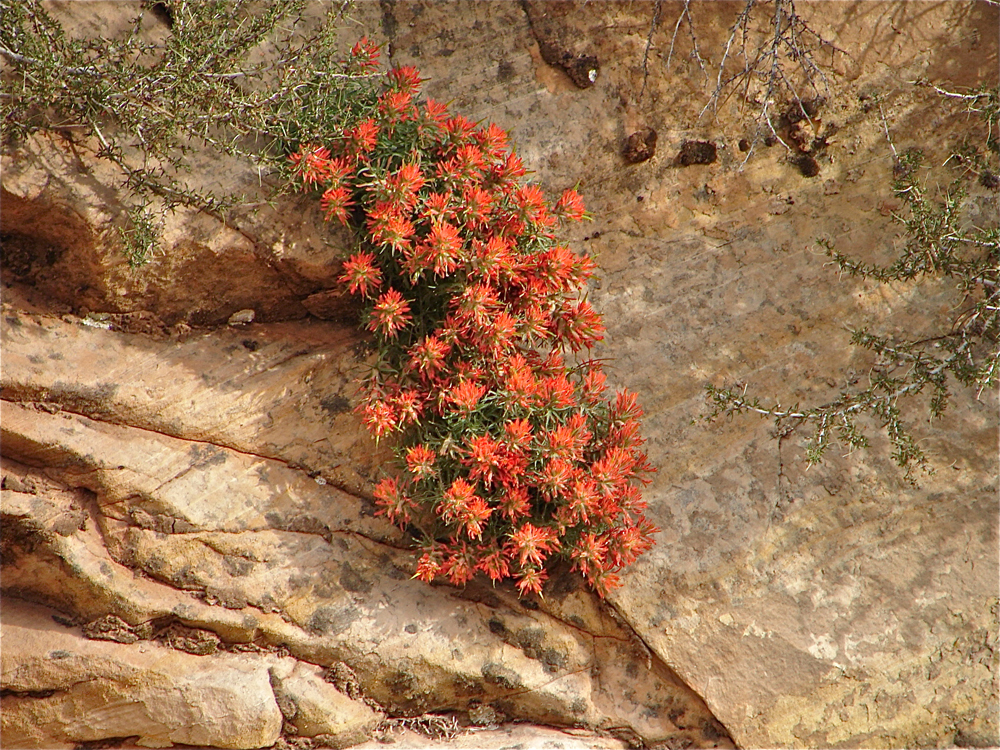
The Colorado Plateau is a region of great ecological diversity. From thick riparian river banks lined with forests of cottonwood trees to miles and miles of dry desert basins covered with saltbush and greasewood; from grass covered mountain meadows to ponderosa pine covered mountain peaks — all varieties of nature’s botanical species are represented in this rugged, untamed wilderness. During late spring and early summer wildflowers abound all across the plateau.
Diverse wildlife
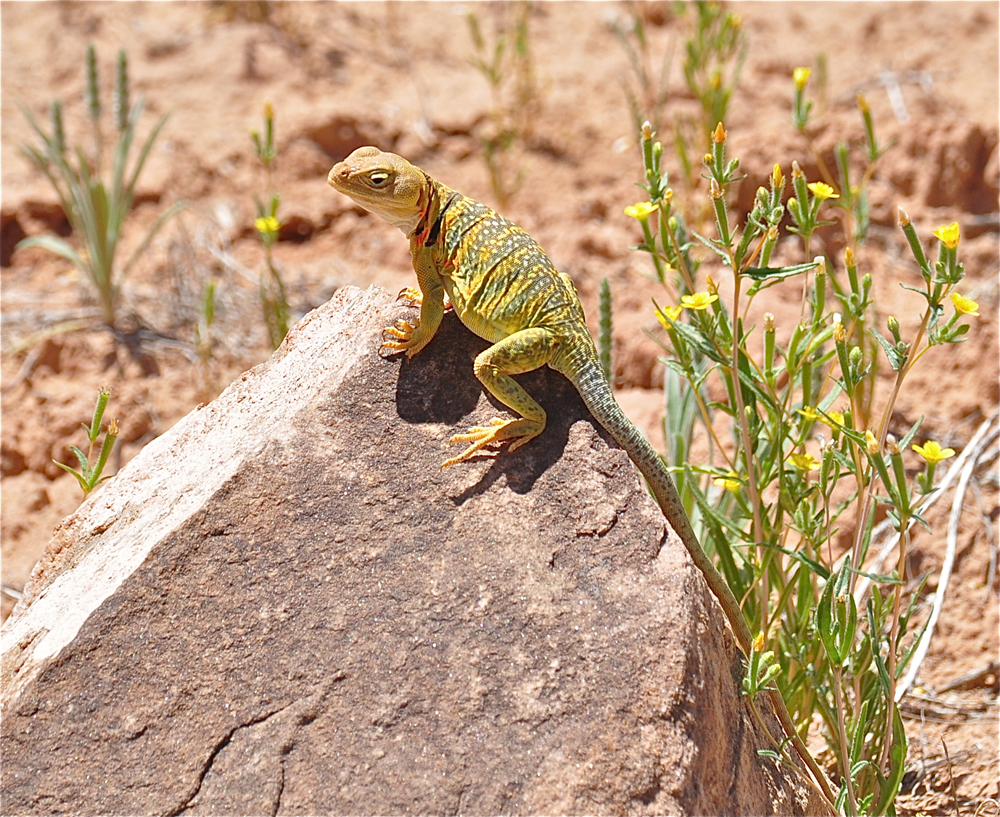
The wildlife of the Colorado Plateau is as diverse as the landforms, vegetation and the climate. Collared lizards, elk, rattlesnakes, cougars, bobcats, jackrabbits, mule deer and more all roam across the land seeking to survive in this harsh environment. This collared lizard, shown here, is enjoying the springtime sun at Arches National Park.
Home to variety
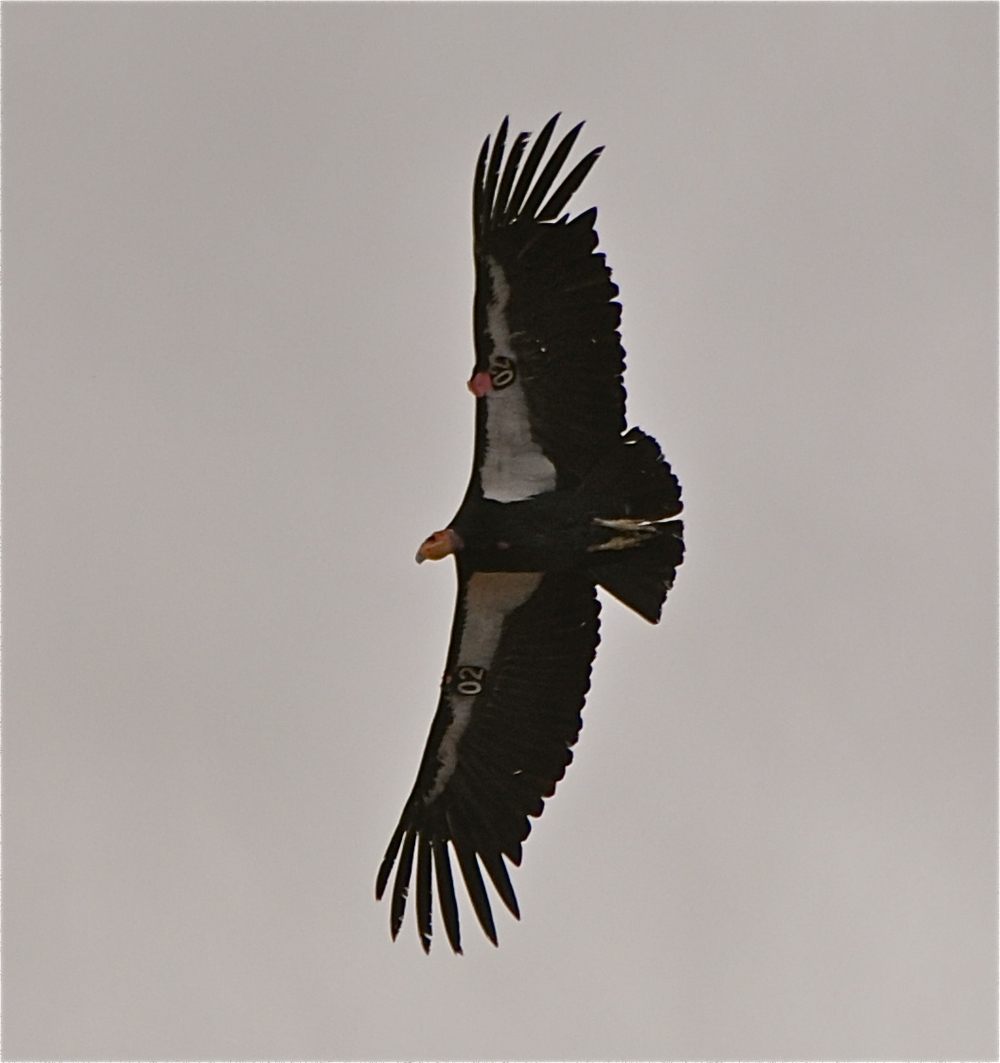
A vast variety of birds fill the sky over the Colorado Plateau. Stellar jays, wild turkeys, various species of hawks and falcons are found here. Many migratory songbirds move across the Colorado Plateau each spring and fall. The Colorado Plateau is once again home to California condors that now again soar above the deep chasms of the Grand Canyon thanks to the successful efforts of a condor reintroduction program near the Vermillion Cliffs of northern Arizona.
Unique in all the world
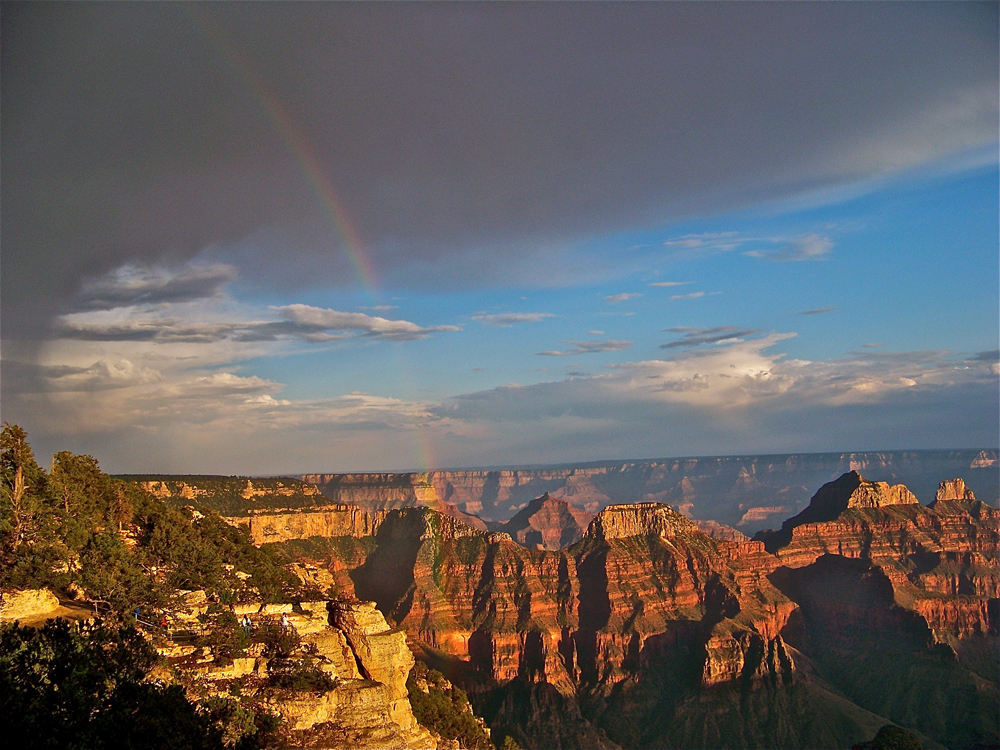
American author and environmentalist Edward Abbey, when asked about the uniqueness of the Colorado Plateau, stated that "there is no other region on Earth much like it, or even remotely like it ... this is a landscape that has to be seen to be believed, and even then, when confronted directly by the senses, it strains credulity."
Sign up for the Live Science daily newsletter now
Get the world’s most fascinating discoveries delivered straight to your inbox.









